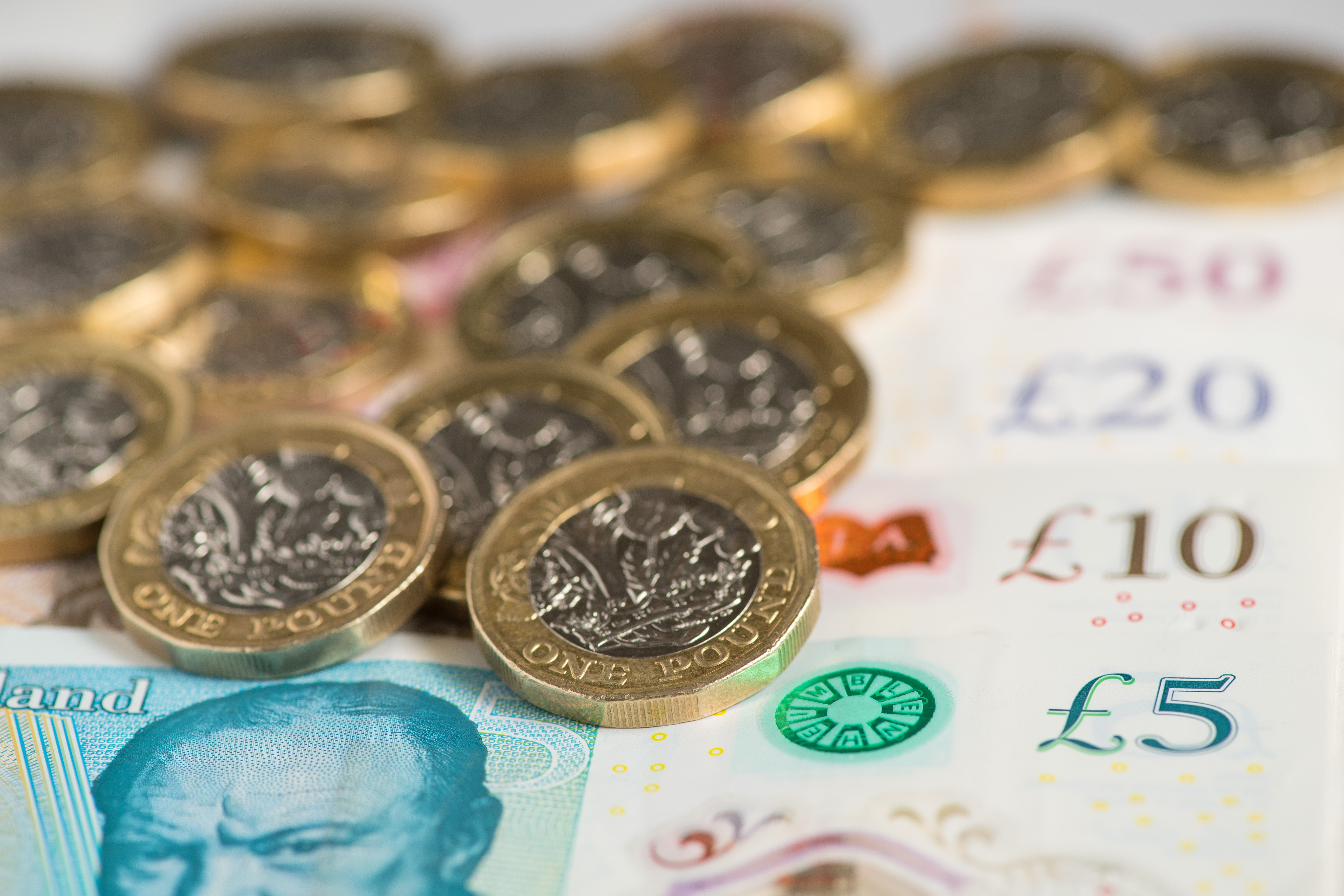Economists warn of stagflation despite strong growth for businesses in March
The economy has scored 59.7 so far this month, according to an influential survey.

Your support helps us to tell the story
From reproductive rights to climate change to Big Tech, The Independent is on the ground when the story is developing. Whether it's investigating the financials of Elon Musk's pro-Trump PAC or producing our latest documentary, 'The A Word', which shines a light on the American women fighting for reproductive rights, we know how important it is to parse out the facts from the messaging.
At such a critical moment in US history, we need reporters on the ground. Your donation allows us to keep sending journalists to speak to both sides of the story.
The Independent is trusted by Americans across the entire political spectrum. And unlike many other quality news outlets, we choose not to lock Americans out of our reporting and analysis with paywalls. We believe quality journalism should be available to everyone, paid for by those who can afford it.
Your support makes all the difference.Economists have warned of dreaded stagflation in the months to come even as new data suggested that British businesses seem to be growing strongly in March.
According to an influential survey, the economy has scored 59.7 so far this month, a slight easing of growth from 59.9 in February.
Before that January had been the worst month in nearly a year.
The S&P Global/CIPS flash UK composite PMI counts anything above 50 as growth; anything below that means a sector is contracting.
March’s reading is based on preliminary data and a full score will be released early next month.
But Russia’s war against Ukraine has put a dampener on the outlook, S&P Global’s chief business economist Chris Williamson said.
With March seeing by far the largest rise in selling prices for goods and services ever recorded by the survey, consumer price inflation is set to rise further in the months ahead
Businesses reported their lowest expectations for nearly one-and-a-half years, as costs rise, and households are squeezed.
“Prices pressures have spiked higher due to increased energy and commodity prices resulting from the invasion,” Mr Williamson said.
“With March seeing by far the largest rise in selling prices for goods and services ever recorded by the survey, consumer price inflation is set to rise further in the months ahead.”
He added: “The survey indicators point to potentially sharply slower growth in the coming months, accompanied by a further acceleration of inflation and a worsening cost-of-living crisis, which paints an unwelcome picture of ‘stagflation’ for the economy in the months ahead.”
Economists use the word stagflation to refer to an economy with low or falling growth, high unemployment and rising inflation.
The warning comes a day after the Office for Budget Responsibility predicted that inflation in the UK would peak at 8.7% in October due in part to Russia’s invasion of Ukraine.
It would be the highest levels since the oil shock of the 1970s.
The OBR also slashed its prediction for how rapidly the UK economy would grow. It had previously expected a 6% hike in gross domestic product (GDP) this year, but on Wednesday this was revised down to 3.8%.
In their responses to the PMI survey, businesses said that they had seen an exceptionally wide range of items going up in price.
They mainly cited energy and fuel, logistics and salaries as the biggest cost pressures.
Many of these costs are being passed on to customers. The data indicated that prices charged by businesses rose at their steepest rate since the survey began in November 1999.
“Optimism at private sector companies fell to its lowest since October 2020 with client hesitation returning as a result of businesses passing on their costs to their customers at the highest rate for more than 20 years,” said Duncan Brock, group director at the Chartered Institute of Procurement & Supply (CIPS).
“With the ripple effects from the Ukraine invasion likely to hit supply lines further, companies will have to get even more agile to survive this period of turbulence.”